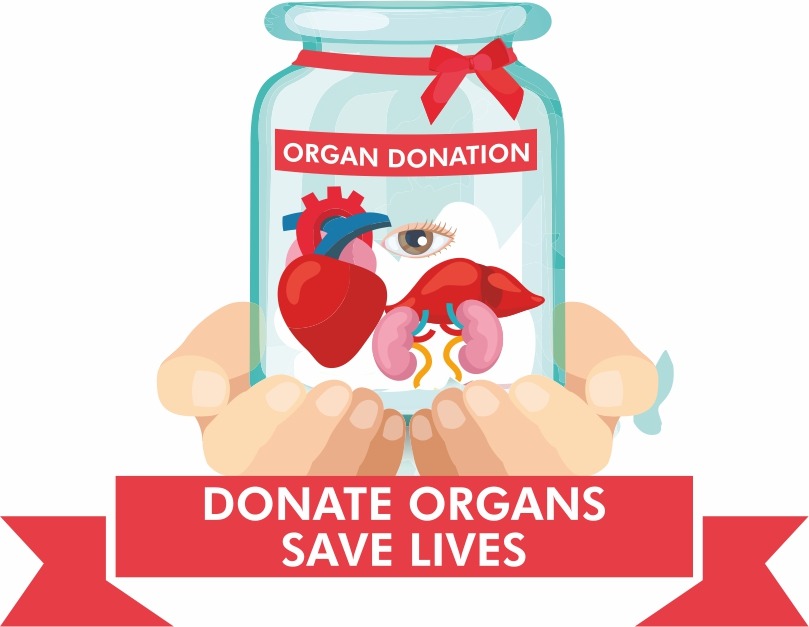Governing Organ Transplantation in India
26-08-2023
10:17 AM
1 min read

Overview:
The Central Government has recently made major changes in the organ transplant regulations in the country under its ‘one nation, one policy’ rule by removing the 65-year age cap for recipients and allowing them to register in any state and not just their state.
About Organ Transplantation in India:
- The primary legislation governing organ transplantation in India is the Transplantation of Human Organs Act, passed in 1994.
- It provides a system to regulate the removal, storage, and transplantation of human organs for therapeutic purposes and for the prevention of commercial dealings in human organs.
- National Organ transplant programme:
- It is implemented by the Directorate General of Health Services, Government of India.
- Objectives:
- To organize a system of organ and Tissue procurement & distribution for transplantation.
- To promote deceased organ and Tissue donation.
- To train the required manpower.
- To protect vulnerable poor from organ trafficking.
- To monitor organ and tissue transplant services and bring about policy and programme corrections/ changes whenever needed.

National Organ and Tissue Transplant Organization (NOTTO):
- It is a National level organization set up under the Directorate General of Health Services, Ministry of Health and Family Welfare, Government of India.
- It functions as the apex center for coordinating all activities and networking for the procurement and distribution of organs and tissues and maintaining the registry of organs and tissue donation and transplantation in the country.
Organ donation in India:
- Organ donation means giving part of the body (organ) to a person with end-stage organ disease who needs a transplant.
- In India, organ donations are legal under the Transplantation of Human Organs Act (THOA), 1994, which also legalizes the concept of ‘brain death’, the permanent cessation of all brain functions.
- Organ donation is a voluntary process wherein you can fill up a consent form to donate your organs in the event of your demise.
- Types of organ donation:
- Living Donor Organ Donation:
- A person during his life can donate one kidney, a portion of the pancreas, and a part of the liver.
- Living Donor is any person not less than 18 years of age who voluntarily authorizes the removal of any of his organ and/or tissue, during their lifetime, as per prevalent medical practices for therapeutic purposes.
- The donor can be a family member, relative, friend, neighbour, or in-law.
- Deceased Donor Organ Donation:
- A person can donate multiple organs and tissues after (brain-stem/cardiac) death. Their organ continues to live in another person’s body.
- Deceased Donor is anyone, regardless of age, who can become an organ and tissue donor after their death (Brainstem/Cardiac). Consent of a near relative or a person in lawful possession of the dead body is required.
Eligibility criteria:
- There is no age limit for organ donation. It can be started at as young as six weeks. The only essential thing is the health and condition of your organs.
Q1) What is the Transplantation of Human Organs Act?
Transplantation of Human Organs Act (THOA) 1994 was enacted to provide a system of removal, storage and transplantation of human organs for therapeutic purposes and for the prevention of commercial dealings in human organs. THOA is now adopted by all States except Andhra and J&K, who have their own similar laws
Source: Now, no age bar to register for cadaver organ transplants
